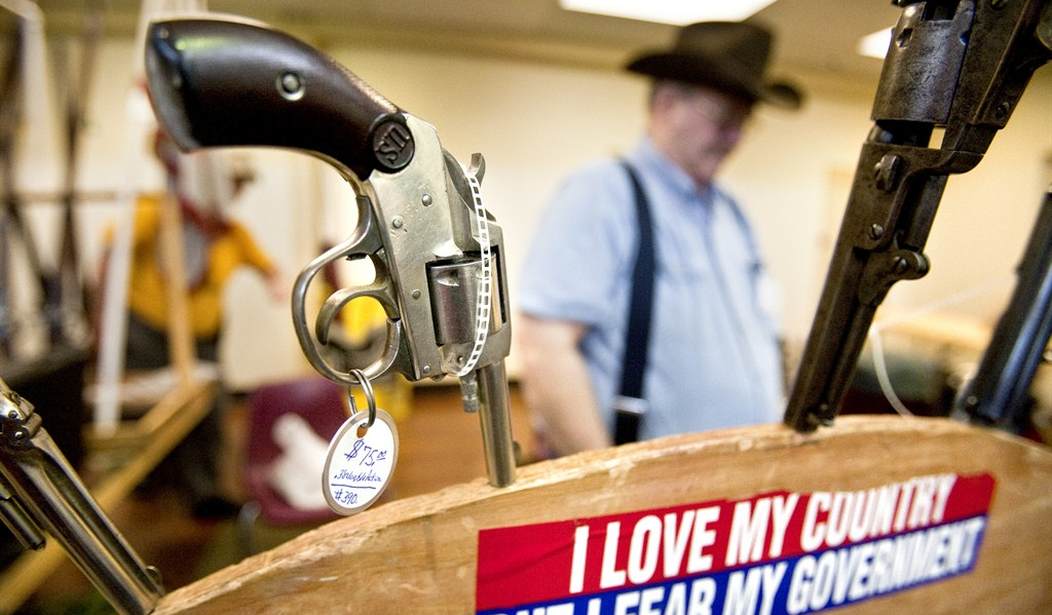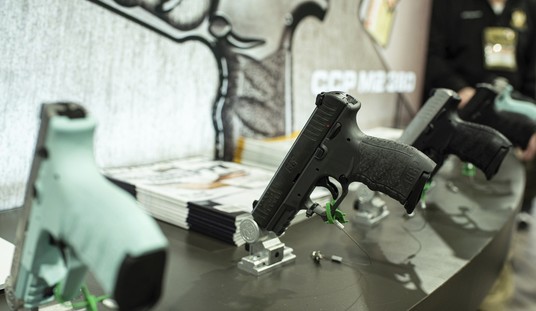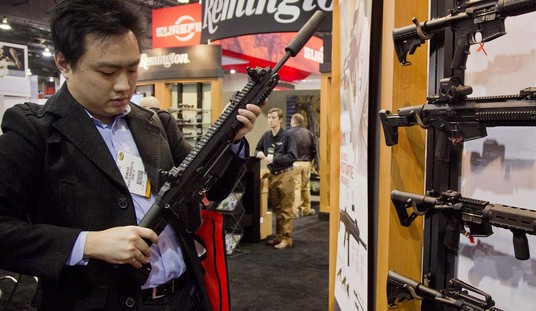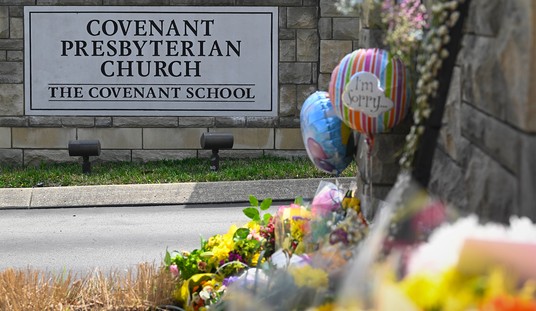The Tennessee legislature wrapped up its regular session on Friday without approving any new gun control laws in response to the Covenant School shootings in Nashville, but Gov. Bill announced just hours after the session was gaveled to a close that he’s bringing lawmakers back to the state capitol for a special session on “gun reform” and public safety.
While Lee hasn’t specified when the session will be held, he made it clear that he expects the Republican majorities in both chambers to fall in line behind his call for a “red flag” law, even if he’s not using that phrase to describe the top item on his legislative wish list.
“There is broad agreement that dangerous, unstable individuals who intend to harm themselves or others should not have access to weapons,” Lee said in a statement released Friday evening. “We also share a strong commitment to preserving Second Amendment rights, ensuring due process, and addressing the heart of the problem with strengthened mental health resources.”
Shortly after adjournment, House Speaker Cameron Sexton, R-Crossville, told reporters that if a special session is called, he hopes to facilitate broad stakeholder discussions across the state.
“I think everybody’s a little frustrated,” he said, noting the legislature’s approval of funding for School Resource Officers in each school, and other school safety precautions. “Other things that we hoped that we could have gotten done with some of those other issues, unfortunately didn’t work out. Hopefully we’ll get it done in the special session.”
Or not. As we discussed on Friday, while Lee’s recommendations for a “temporary mental health order of protection” would offer more due process protections than what we generally see in “red flag” legislation, the fundamental problem seen in other Extreme Risk Protection Order laws remains; the focus is on the gun and not the supposedly dangerous individual. Once their ability to lawfully possess or purchase a firearm has been taken away, the State sees the problem as being solved, but in reality there’s still someone who poses a threat to themselves or others who still has access to all kinds of things that could be used for harm… including any illicitly-obtained firearms.
Lee can bring lawmakers back to Nashville for a special session, but that doesn’t mean that he’ll be able to convince enough Republicans to join in his push for a “red flag” law to actually get one to his desk.
In the final days of the legislative session that adjourned Friday, Lee made an 11th-hour pitch for lawmakers to pass a very limited extreme risk protection order law, designed to keep firearms out of the hands of individuals who pose an immediate risk of harm to themselves or others.
Almost immediately, Republicans voiced skepticism on both the late timing of Lee’s proposal, and the policy itself, which some decried as a “red flag law.” The House Republican Caucus released a statement calling red flag laws “a non-starter” in the lower chamber. Republican leadership including House Majority Leader William Lamberth, R-Portland, had initially expressed opposition for ex-parte hearings, but the governor’s legislation does not permit such hearings to occur. On Friday evening, Lamberth told reporters that even without ex-parte hearings, he would not support the governor’s bill as proposed. On the other side of the aisle, Senate Minority Leader Raumesh Akbari, D-Memphis, said she would support the governor’s proposal, saying “it has teeth,” but would like to see it go further.
Few Republicans voiced outright support for the governor’s proposal, as Lt. Gov. Randy McNally did. Rep. John Gillespie, R-Memphis, said Thursday that he supports the plan, calling it a “modified red flag law,” and likening it to a domestic violence order of protection.
“I believe this plan will protect the community by removing guns from the mentally ill and provide constitutional due process protections,” Gillespie said. “I support the Modified Red Flag law and will work with others to pass this legislation as soon as possible.”
You can’t generalize about removing guns from the “mentally ill” and promise to provide constitutional protections, because the vast majority of those with mental illness or individuals seeking treatment for things like depression will never pose a risk to themselves or anyone else. The Tennessee Department of Mental Health and Substance Abuse Services says that one-in-five Tennessee residents deal with mental illness of some kind. Does Gillespie really believe that 20% of the state should have their firearms taken from them?
The issue here isn’t whether or not someone is combatting a mental illness, but whether they are truly dangerous to themselves, their families, or the general public, and bolstering the state’s civil commitment law and increasing mental health services would be a much more targeted approach to both identifying and treating those relatively few individuals than passing a gun control bill disguised as mental health legislation. That doesn’t just mean finding the money for more inpatient beds for those in crisis, but incentivizing workers to go into the mental health field itself.
“We have got to do something, and we have got to do something because the demand is increasing and if you don’t have people to help people then we know what that outcome will be,” said TDMHSAS Commissioner Marie Williams.
… “People are still having trouble getting in touch with a counselor, getting on the books when they need to just because it’s an overall shortage of professionals,” said Licensed Professional Counselor Kala Hight.
According to Bureau of Health Workforce Tennessee data, there will be a shortage of nearly 4,000 mental health care professionals by 2030, ranging from psychiatrists to addiction counselors.
“The number one reason our clinical staff are leaving is because of compensation and the number two reason is related to burnout,” said Centerstone VP of National Policy Lauren Conaboy.
… To combat this shortage, TDMHSAS is asking Governor Bill Lee to include provider rates, treatment bed infrastructures and programs to train the next generation of mental health professionals.
All of which would be a much more substantive approach to dealing with mental health than Lee’s recommendations for a “red flag” law even if those efforts may come with a higher price tag than a temporary mental health order of protection. If the goal is truly public safety then a Lee’s demand is really more of a distraction, but I get the feeling that politics is trumping policy for the governor right now. Thanks to the Republican majority’s ill-considered move to expel two Democrats who helped lead protests demanding gun control on the House floor rather than censuring them, the GOP has elevated both the newly re-installed legislators as well as their anti-gun agenda, and I’m sure that Lee is feeling the heat to “do something” on guns from his advisors and many constituents.
Just doing something isn’t enough, and doing the wrong thing is even worse. Lee has the power to bring lawmakers back to Nashville, but it’s up to the Republican majority to stand firm against “red flag” laws and offer real solutions to address mental illness and violent crime instead.









